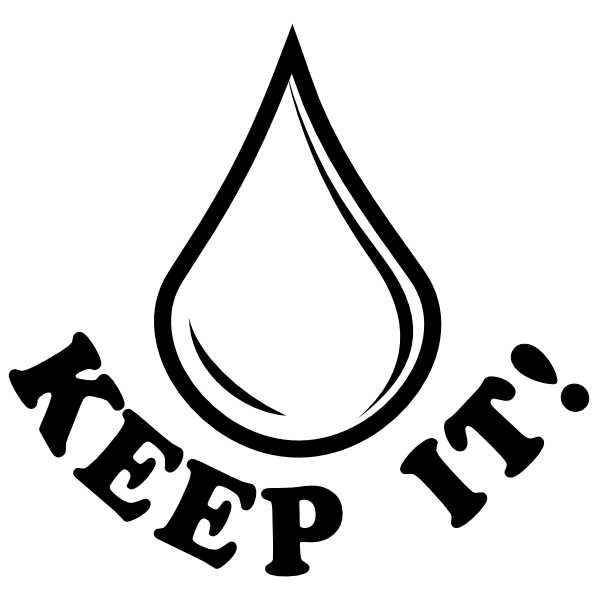January 2024
Ebola
The Ebola virus has been detected in breastmilk. According to the World Health Organization, direct breastfeeding should be stopped if acute Ebola virus infection is suspected or confirmed in the lactating parent or breastfeeding child.1 Even if both the parent and child are infected, it is recommended to stop breastfeeding due to a concern for viral boosting, increasing the risk of disease severity.
Lactating parents who have recovered from Ebola virus infection are advised to wait for 2 consecutive negative RT-PCR (reverse transcription polymerase chain reaction) breastmilk tests for Ebola virus, separated by 24 hours prior to feeding their milk to their infant.
Ebola infection does warrant a disruption in lactation until the parent has two consecutive negative RT-PCR tests. The lactating parent can feed pumped milk to the infant once they have two negative tests. Direct breastfeeding can resume once both parent and infant have cleared the infection.
References
(1) World Health Organization. Guidelines for the Management of Pregnant and Breastfeeding Women in the Context of Ebola Virus Disease; World Health Organization: Geneva, 2020.

